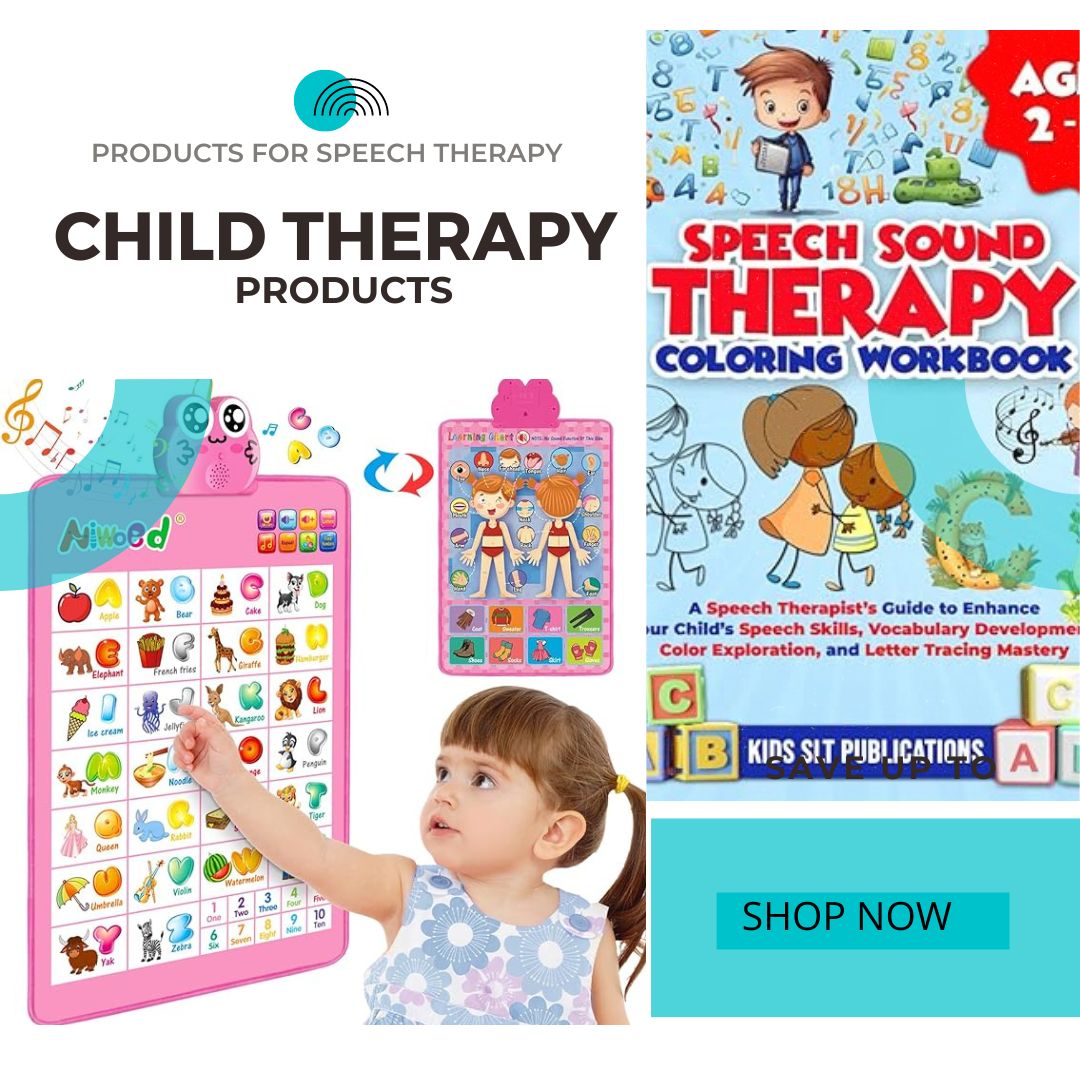As a parent, ensuring the best possible development and growth for your child is a top priority. One area that may require attention is speech therapy. It can help children with speech and language difficulties, and is an important part of many children’s development journeys.
In this guide, we will explore the basics of pediatric speech therapy, what you need to know, and how it can benefit your child. So if you about this, and you would like to know then keep reading below and update yourself.
What is Pediatric Speech Therapy?
Communication is essential to a child’s ability to learn about and interact with others in the world around them.
Some children are born with a disorder that affects normal speech such as a cleft palate or cerebral palsy. Other children might have disorders that affect the brain nerves or muscles which can cause problems with how the brain and body control speech or swallowing actions.
That’s where a pediatric speech and language pathologist or speech therapist can help
It is a type of therapy that helps children improve their speech and language skills. Speech therapists work with children to help them develop clear speech, build vocabulary, and improve their overall communication abilities.
Pediatric speech therapy can be beneficial for children with a wide range of speech and language difficulties, including stuttering, delayed speech, and language disorders.
Why is Pediatric Speech Therapy Important?
It is important because it can have a significant impact on a child’s development. Children who receive speech therapy often show improvement in their speech and language skills, and this can lead to increased confidence, better academic performance, and improved social skills.
Additionally, early intervention is key to addressing speech and language difficulties, and can help prevent more serious difficulties from developing later on.
How Does Pediatric Speech Therapy Work?
Pediatric speech therapy typically involves one-on-one sessions between the child and the speech therapist.
During these sessions, the therapist will work with the child to improve their speech and language skills through a variety of exercises and activities.
The specific approach used will vary depending on the child’s individual needs, but may include activities such as speaking and repeating words, using visual aids, and playing games to build language skills.
What to Expect in Pediatric Speech Therapy Sessions
Pediatric speech therapy sessions can last anywhere from 30 minutes to an hour, and may take place once or several times a week, depending on the child’s needs.
During the session, the therapist will work with the child on specific speech and language goals, and will also provide feedback and support to help the child make progress. The therapist may also provide additional resources and activities for the child to work on at home between sessions.
How to Find the Right Pediatric Speech Therapist
Finding the right pediatric speech therapist for your child is important for their success in therapy. Look for a therapist who is licensed and certified in speech therapy, and who has experience working with children.
You may also want to consider factors such as the therapist’s approach, location, and availability. Additionally, it can be helpful to schedule a consultation to meet with the therapist and discuss your child’s needs before beginning therapy.
Conclusion
Pediatric speech therapy can be a valuable resource for children with speech and language difficulties. With the right therapist and approach, children can make significant progress and achieve their full potential.
As a parent, it is important to understand the basics of pediatric speech therapy and how it can benefit your child. By working with a qualified therapist and being an active participant in your child’s therapy journey, you can help them reach their goals and achieve success.




